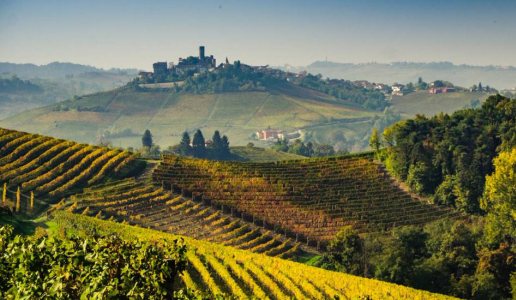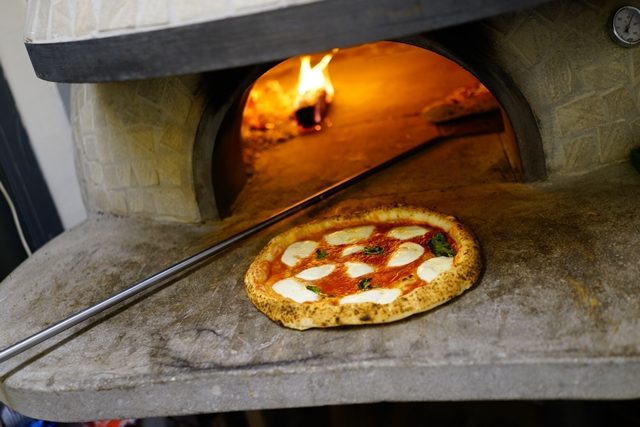Origin or Production Methods?

What matters most, the area of origin or the production process? In the entire world it's not so obvious that it is the area of origin, so we must protect our Appellations as much as possible. Respecting them.
One of the most frequent discussions in the wine world, but also in the food sector in general, is whether a product's origin, and thus all designations whether they be protected or controlled, is more important or the methods used in production.
The first position, which favors where the products come from, has the support above all from countries that have traditions in this sense. First among these are France and Italy, followed by Spain, Portugal, Germany, Switzerland and Austria. These nations protect the uniqueness of their agricultural and food sector through a system of protected designations and relative legislation aimed not only at protecting them but also regulating them.
The second position, on the other hand, has the support of those countries which, citing free market principles, argue that if a productive process can give results similar the original product, in terms of quality and image, then designations just create value through definition and thus rig the market. Such positions are frequently found in Britain, the United States, Australia and today also in China.
If one wants to protect something, like intellectual property for example, then they must patent the brand, as oppose to designate authenticity. And so if I can make a wine using Nebbiolo grapes, age it in wood for three years and then bottle it, and a qualified commission cannot distinguish it from a Barolo DOCG, then why should I not have the right to call it a Barolo? Such reasoning, which sends shivers down our spines here, is more common than one would expect in many countries in the world that, not by chance, are also our biggest markets for food exports, wine first among these. This basically means two things.
First is that we must make it clear, though efficient communication and technically impeccable evidence, why designation of origin is a true guarantee of a product's uniqueness. The second is that we cannot compromise on our own production methods which must be respected scrupulously. This may create value by definition, as they claim, but at least it demonstrates how we respect the regulations we have imposed on ourselves to benefit from this. And this is something which, at least in Italy, does not always seem to be as clear as it should be to all. For this reason I believe it is above all up to those who produce quality wine or food products, protected by labels of designation and regulated by law, to fully respect these rules even if they may think they may be inadequate, limited or, on the contrary, excessive. If they do not they will destroy a system which rewards merit and place all products on the same level with the consequence that agricultural income will plummet. This is something one would have to be mad to hope for.

 Italiano
Italiano








